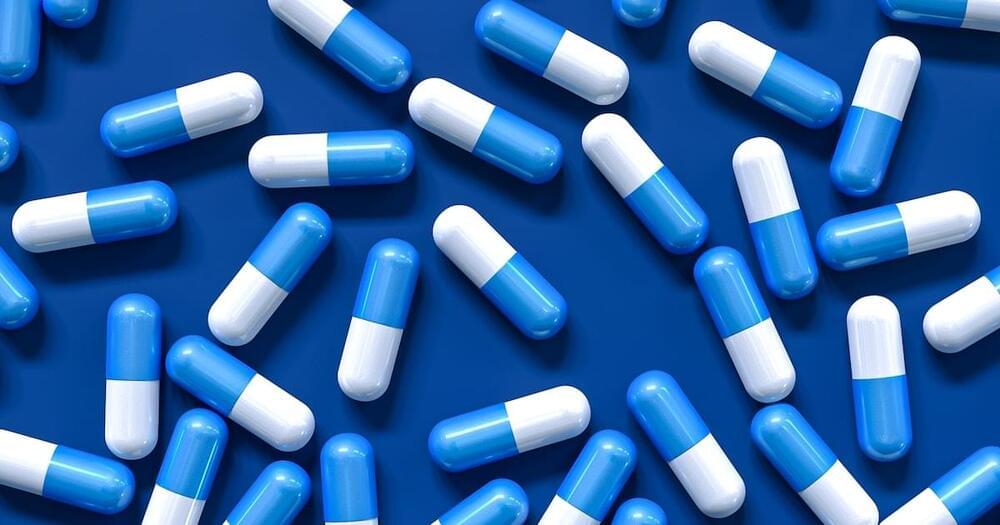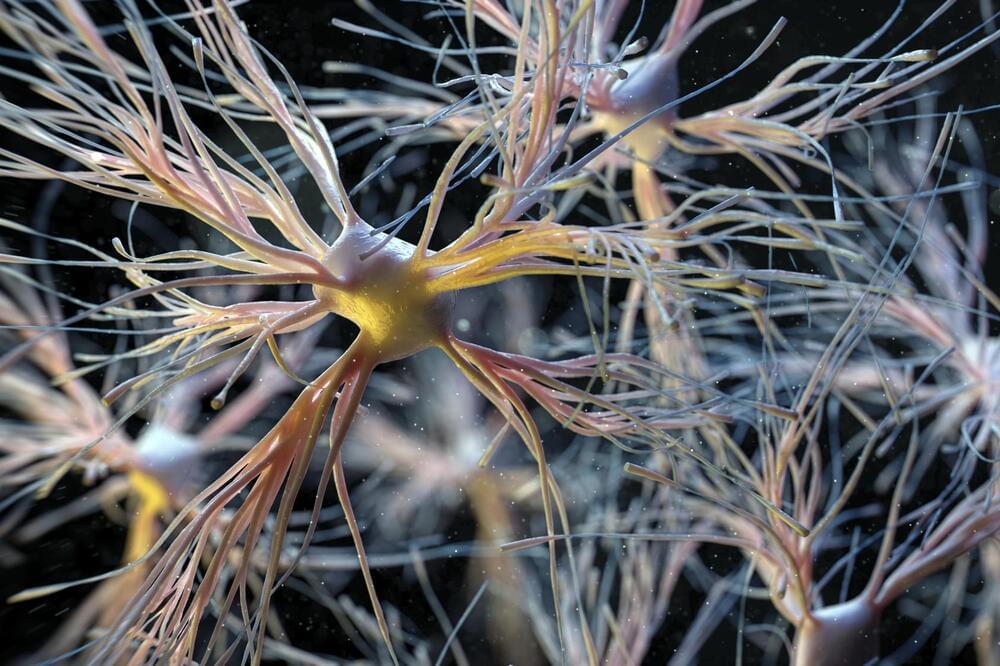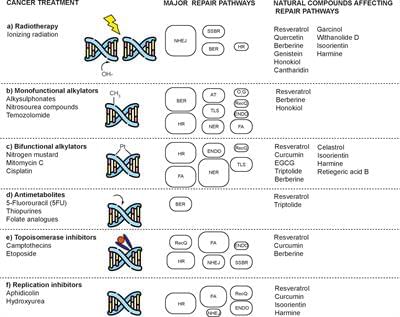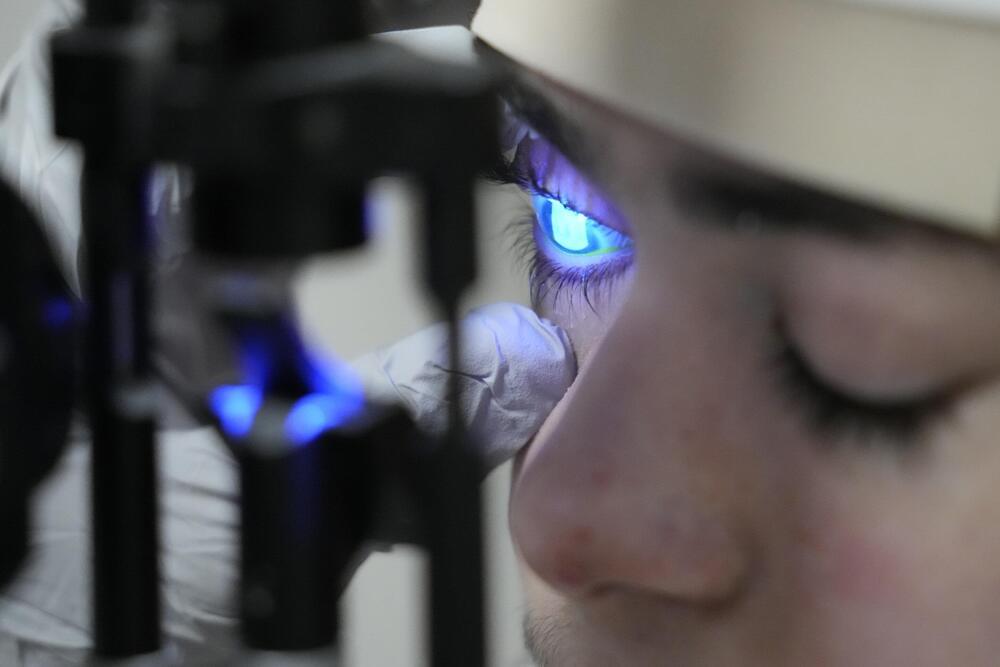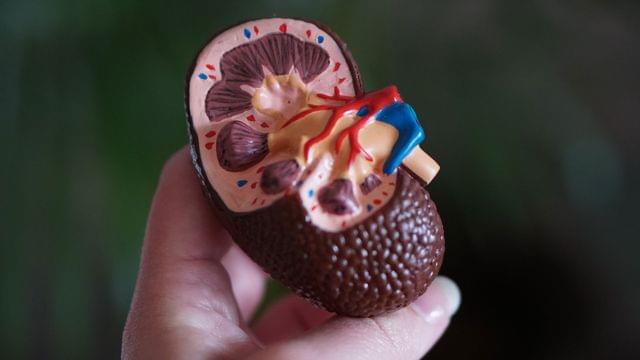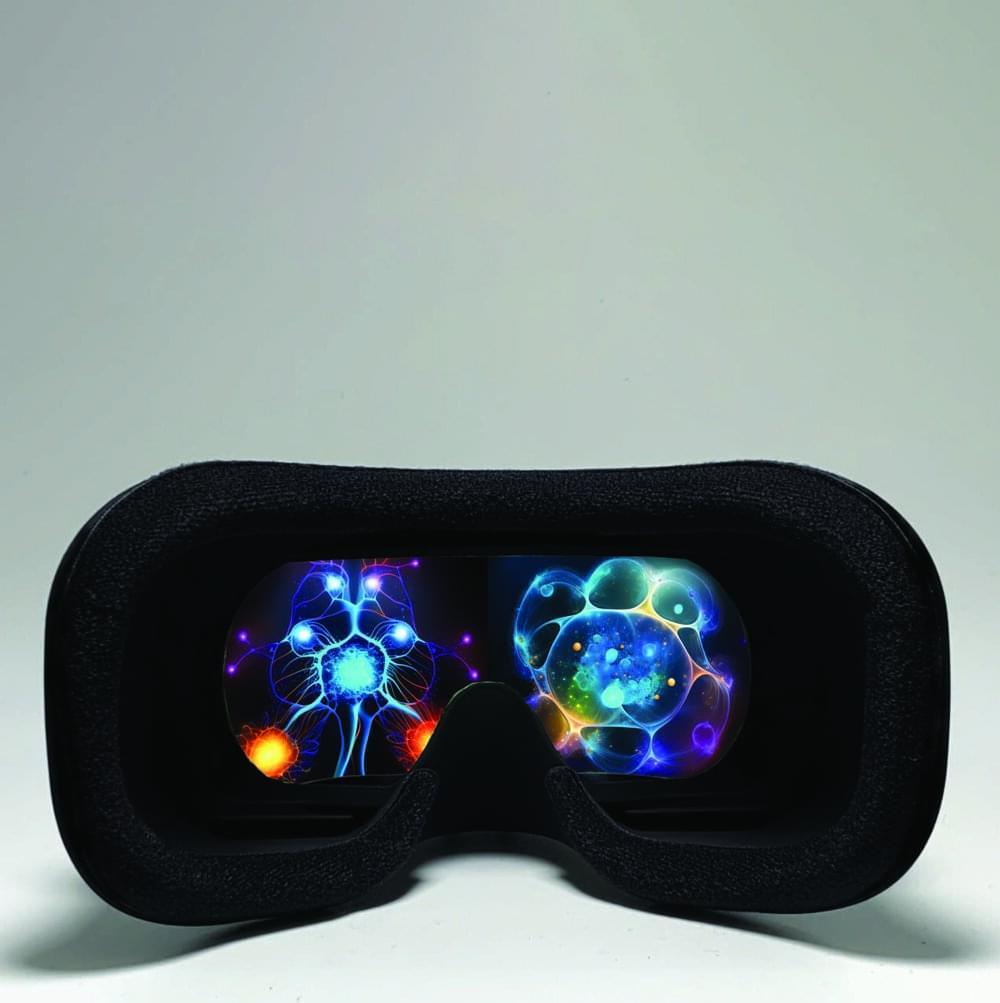It’s said the way to one’s heart is through the stomach, but it looks like the way to a healthy brain is by dropping a deuce regularly. According to new research presented at the Alzheimer’s Association International Conference in Amsterdam this week, chronic constipation appears to be linked to worsening cognitive abilities, likely due to an imbalance of gut bacteria causing inflammation.
While the study has yet to be peer-reviewed, it emphasizes a link between cognition and the microbiome — microorganisms like bacteria, viruses, and fungi living rent-free in and on our bodies — that hasn’t gone unnoticed. There’s still a whole lot we don’t know about the microbiome, but what we do know suggests these microscopic houseguests can be manipulated to improve our own health.
To offset cognitive decline, it could be as simple as a daily probiotic, says Mashael Aljumaah, a doctoral student at the University of North Carolina at Chapel Hill (UNC) and North Carolina State University. In findings presented Monday at the American Society for Nutrition in Boston, Aljumaah and her colleagues at UNC and Kent State University in Ohio found that for older adults, a daily probiotic containing gut-friendly Lactobacillus rhamnosus helped improve mild cognitive impairment by resetting the imbalance in gut bacteria.
